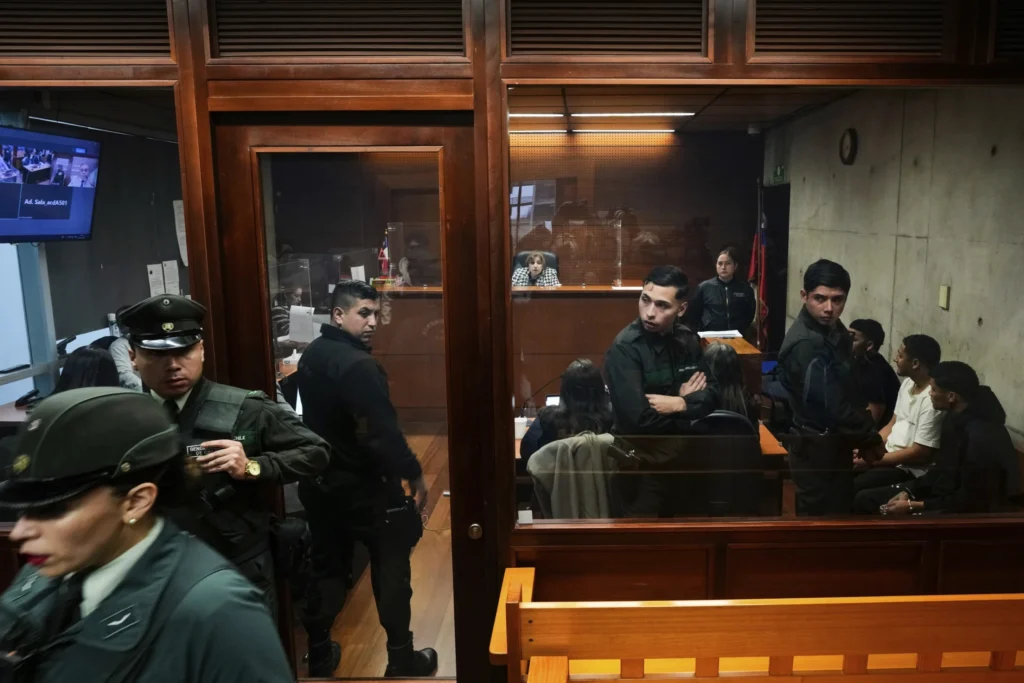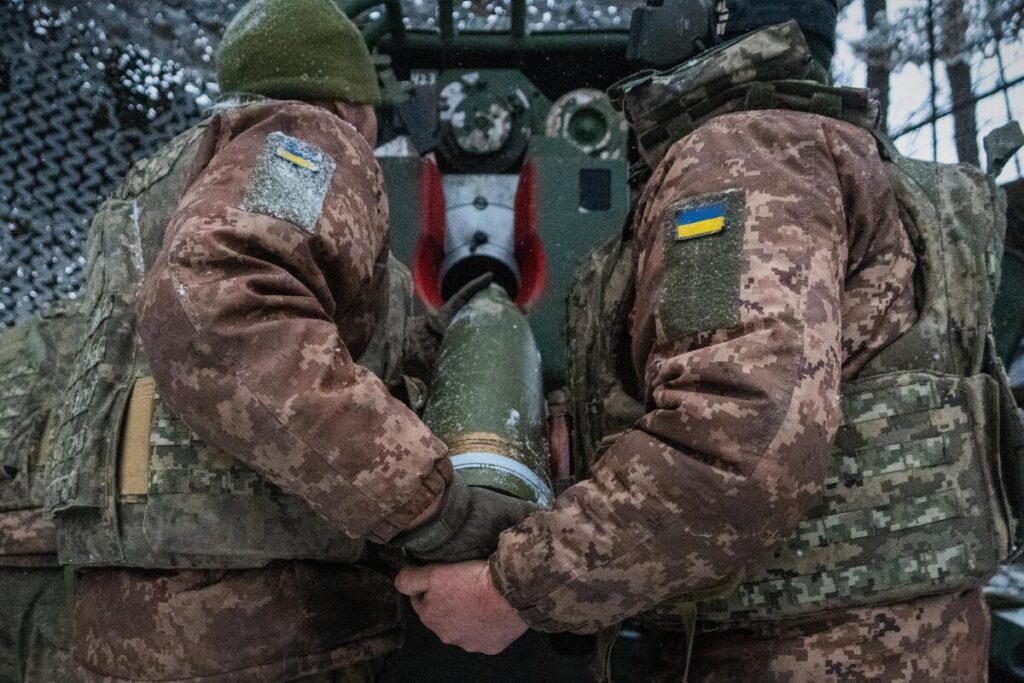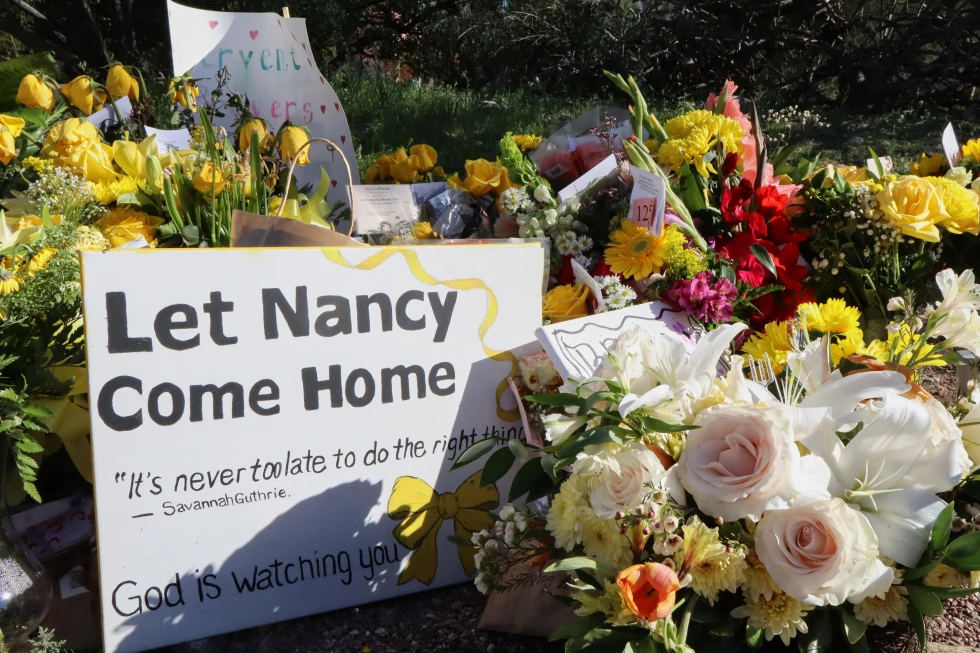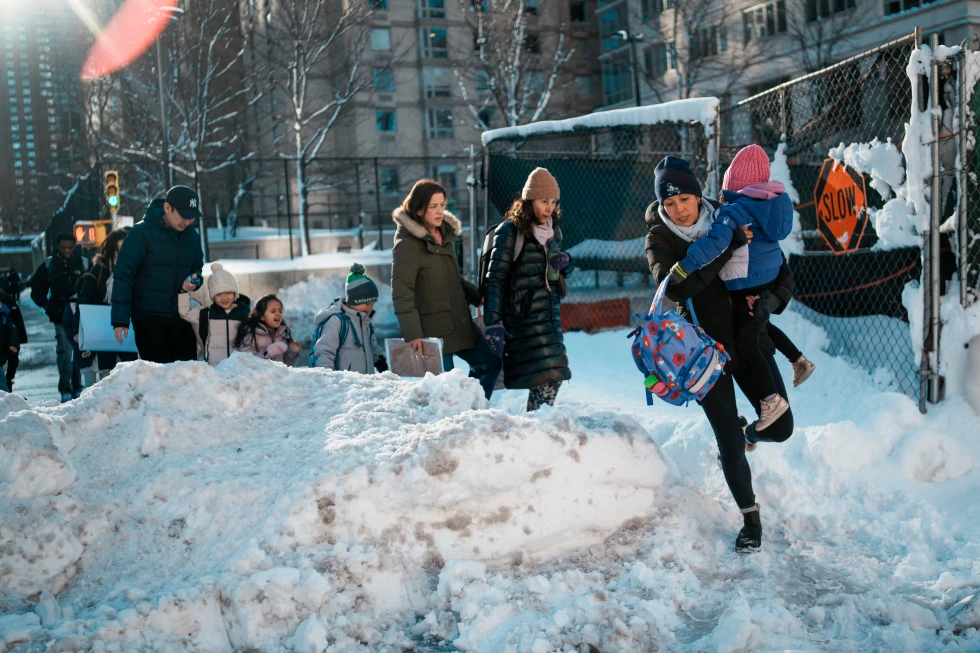Tren de Aragua Chile: Small Team Fights Gang Expansion

Tren de Aragua: Small Chilean Team Battles Criminal Gang Expansion
A dedicated investigative team in northern Chile is leading a high-stakes fight against Tren de Aragua, one of Latin America’s most feared criminal gangs. Their success in Arica is becoming a model for confronting transnational crime networks.
Tren de Aragua’s Operations in Chile
Tren de Aragua infiltrated Chile through its northern desert borders, following Venezuelan migrants during the COVID-19 pandemic. With no prior experience handling such violent mafias, Chile faced a surge in organized crime—marked by abductions, torture, and killings.
Spreadsheets seized by police revealed the gang’s structure: payments for Uber rides, supplies for torture chambers, and Christmas bonuses for hitmen. These documents confirmed what investigators suspected—Tren de Aragua Chile operated like a multinational.
Chile’s Legal Strategy Versus Deportation Tactics
While the U.S. opted for mass deportations of suspected gang members, Chilean prosecutors in Arica built a yearslong case. Their efforts led to 34 convictions, including leaders of “Los Gallegos,” the local offshoot of Tren de Aragua in Chile.
Security experts say the Chilean approach—focused on financial tracking, evidence gathering, and legal prosecution—offers a better long-term solution than simply removing individuals.
How the Gang Controlled Communities
The gang took root in Cerro Chuño, a marginalized neighborhood near Arica. There, they extorted businesses, trafficked women, and enforced control through brutal violence.
Residents lived in fear. Shopkeepers paid protection fees. Victims were tortured for betrayal. Court records describe dismembered bodies hidden in suitcases or buried under cement.
Inside the Organization: Codes, Emojis, and Bonuses
Evidence from intercepted calls, bookkeeping, and surveillance revealed the gang’s meticulous structure. Each sex trafficking cell followed identical rules. Women’s earnings were seized, and workers received coded messages filled with emojis:
-
🐍 = traitor
-
🌧️ = police raid
-
🍍 = safehouse
Even hitmen had contracts, salaries, and benefits.
Results and National Impact
Following the convictions, Arica’s homicide rate dropped significantly—from 17 to 9.9 per 100,000. The investigative unit’s success sparked new anti-gang operations across Chile and attracted attention from the FBI.
Still, investigators face challenges. Inmates continue to coordinate extortion from prison, and Tren de Aragua is known for adapting quickly.
Chile’s Political Shift and What’s Next
With national elections looming, crime and immigration have become central campaign issues. Far-right candidate José Antonio Kast promises Bukele-style crackdowns, while current President Gabriel Boric defends due process.
Public sentiment is shifting. Many Chileans, like 70-year-old María Peña in Arica, support stronger measures:
“Chile has changed since different types of people started arriving.”
What Makes Chile’s Case Different?
Transparency International ranks Chile among Latin America’s least corrupt nations. That institutional integrity gave prosecutors the tools to pursue deep investigations—something missing in many neighboring countries.
As Tren de Aragua Chile regroups, the small team in Arica remains on alert.
“We need to get ahead,” said lead prosecutor Bruno Hernández.
Source: AP News
: 214







